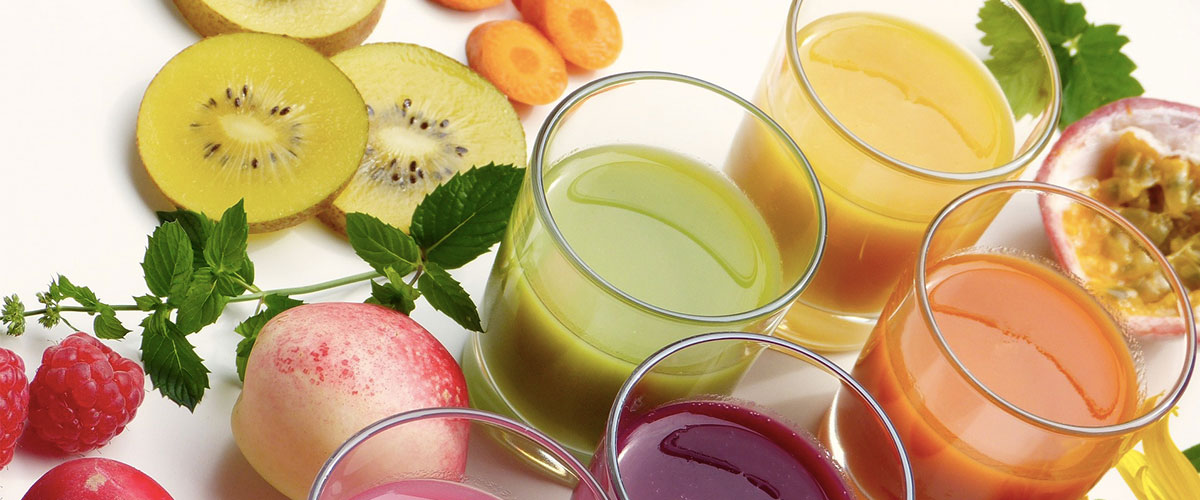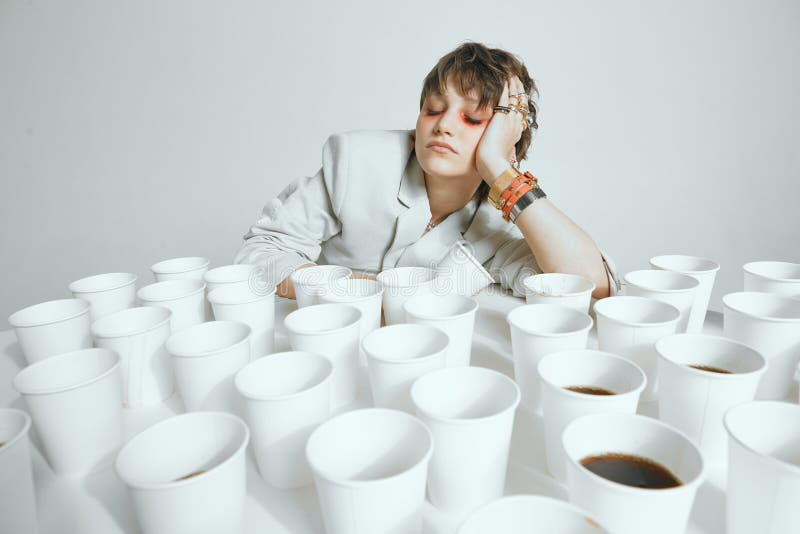What Does Caffeine Use Disorder: A Comprehensive Review and Do?


Caffeine Addiction and Abuse - Get Help Today - Rehab Spot
The Single Strategy To Use For Caffeine Addiction - Addiction Helpline
This combination of drugs threatens enough that the United States FDA thinks about alcoholic energy beverages unsafe and prohibits their sale. While such beverages can be gotten in some other countries, their usage is ill-advised, as is mixing energy beverages and alcohol. The drugs threaten mostly because stimulants counter numerous, although not all, of the obvious signs one has drunk excessive alcohol (a depressant).
The effect of taking a stimulant with a depressant develops a "push-pull" result on the body, not unlike a speedball. While caffeine is undoubtedly a moderate stimulant, it can be very unsafe if an individual consumes too much alcohol as the stimulant impacts subside. There is More Discussion Posted Here that they will inadvertently experience alcohol poisoning, perhaps overdosing on alcohol and having their breathing alarmingly slowed and even stopped.
Some Known Factual Statements About Is Caffeine Bad for Addiction Recovery? - Steps Recovery
What is caffeine? Caffeine is the stimulant in your coffee, tea, chocolate and soda that decreases fatigue, increases awareness and provides you a boost of energy. It can likewise cause insomnia, headaches, dehydration and hypertension, if you're not careful. For numerous, caffeine is a tool to help them wake up, perk up and concentrate.


The invisible addiction: is it time to give up caffeine? - Coffee - The Guardian
Caffeine is a white, bitter compound that's discovered naturally in over 60 plants, including coffee beans, tea leaves and cacao pods that are used to make chocolate. The U.S. Fda (FDA) considers caffeine to be both a food additive and a drug. The quantity of caffeine in your food and beverage differs.

Caffeine Addiction: Self Help and Recovery Guide Tutorial by Steve Chang
Excitement About Caffeine Addiction - 12 Step
Coffee can have as little as two milligrams of caffeine (decaf coffee) per cup, and as much as 200 milligrams per cup. Your typical tea has about 40 milligrams of caffeine, however it can range from 9 to 110 milligrams. Twelve ounces of soda pop/soft drink normally has 30 to 60 milligrams of caffeine.
What result does caffeine have on the body? Caffeine passes into your blood stream from your stomach and small intestine. Once in your bloodstream, caffeine promotes your central nervous system your nerves, brain and spine to make you feel more awake and alert. Caffeine minimizes tiredness and improves focus and concentration.
